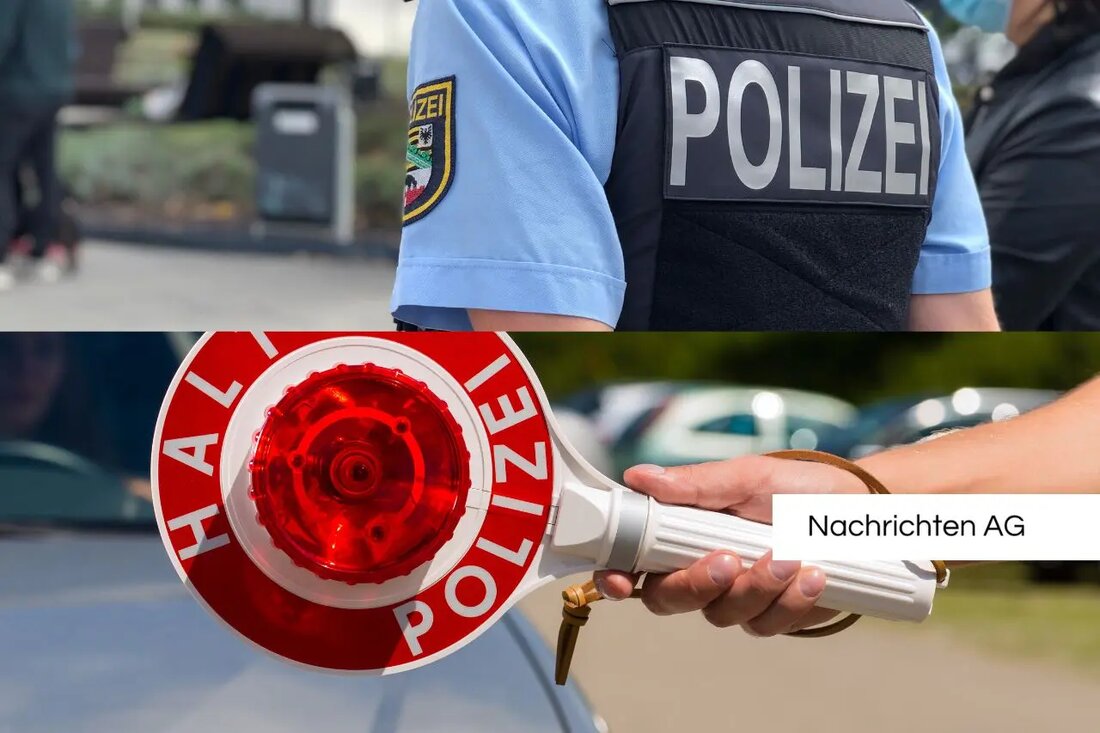Honey under suspicion: Almost 20% of the rehearsals complained!
Honey under suspicion: Almost 20% of the rehearsals complained!
In Rhineland-Palatinate, almost 20 % of the honey samples examined have been criticized in the past five years. This alarming number was published by Environment Minister Katrin Eder (Greens) at the request of Lisa-Marie Jeckel (Free Voters). In total, 746 honey samples were analyzed by the Rhineland-Palatinate State Examination Office between 2019 and 2024, of which 135 samples were classified as unable to enjoy. These 18 % of complained samples initiated various measures, including instructions, orders and in some cases even the involvement of the public prosecutor. A product was also taken out of the trade after a fine was issued. It is striking that there are no knowledge of a connection between honey false and organized crime, as on the website of Ökotest is reported.
In order to counter the problem of falsification of honey, the German beekeeping association has launched the EU project Harmhoney. This project aims to optimize and harmonize the analysis methods to determine honey falsifications. At the beginning of the new year, 26 authentic honey samples from Germany have already been sent to the joint research center of the EU. In total, the German beekeeping association has collected around 100 rehearsals that flow into the project. The results should not only provide recommendations for standardization for standardization organizations, but also show the need for a comprehensive database of honey with different varieties and origins in order to be able to better control the quality, as on the website of the Deutsche Beilerbund .
new EU rules on honey quality
Another important step in combating honey falsification is the introduction of new EU rules for the identification and manufacture of honey. These rules come into force to create transparency: In the event of honey mixes, the countries of origin and their percentage shares will have to be given in the future. Food entrepreneurs are obliged to ensure that their products meet the requirements of food law.
The situation for the beekeepers in Rhineland-Palatinate was not optimal in 2024. The rainy weather led to a lower honey harvest, which was only 28.9 kg per bee colony on average. This is more than 10 kg less than in 2023 than the average was 39.5 kg and nationwide 31.6 kg. In Germany there are an estimated 1.1 million bee colonies and around 170,000 beekeepers, most of whom have their work as a hobby or an adjoining acquisition. In order to be able to better assess the situation in the industry, the specialist center and beekeeping in Mayen regularly conduct surveys for honey harvest.
quality guidelines of the German beekeeping association
To ensure the quality of honey, the German beekeeping association has established its own quality guidelines that are stricter than the legal requirements. Real German honey must contain a maximum of 18 % water, while by law, up to 20 % are permitted. The other requirements include a minimum amount of inversic activity and a maximum hydroxymethyl furse content of 15 mg per kg honey. These aspects are crucial to ensure tires, aromatic honey and to minimize the risk of fermentation.
Quality control is not only via market and traffic controls, but also through voluntary preliminary examinations, in which beekeepers have the opportunity to have their honey tested before bottling. Such traceability is guaranteed by a control number on any honey glass; The beekeeping must be located in Germany, which is proven by a pollen analysis. This underlines the high standards of the quality and authenticity of the honey, as described on the website of the German beekeeping association
| Details | |
|---|---|
| Quellen | |


Kommentare (0)